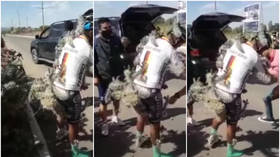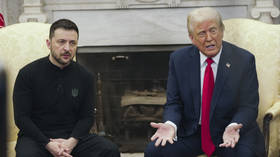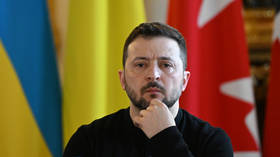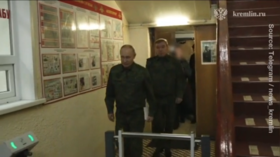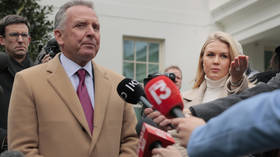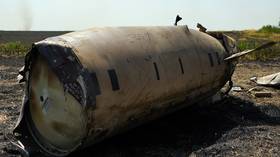As governments seek to make photographing police a crime, our art puts them back in the frame & accountable for their actions
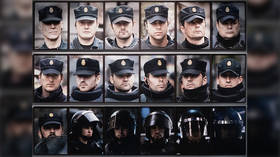
A draconian bill outlawing the dissemination of images of police officers will be debated in the French parliament next week. It follows similar moves in Spain and elsewhere. We must fight these new restrictions.
2020 has been a year of ever increasing state-sanctioned violence. In the UK the new Covert Human Intelligence Sources Bill, currently being rushed through parliament, will allow undercover agents to commit ‘murder, torture and rape’ in the name of queen and country. From Madrid to London and Warsaw, our work asks what freedoms are stolen in the name of government control.
Under the pretext of public safety, in late 2014 the Spanish parliament passed the Basic Law for the Protection of Public Security. Despite strong opposition and condemnation, this new legislation revoked civil liberties including the right to peaceful assembly. As a direct consequence of these laws, we were prosecuted for 18 Portraits, a series of photographs of riot-police during the anti-austerity Rodea el Congreso rally in September 2012 in Madrid. We were handed a fine of €600,000 and risked three years in prison.
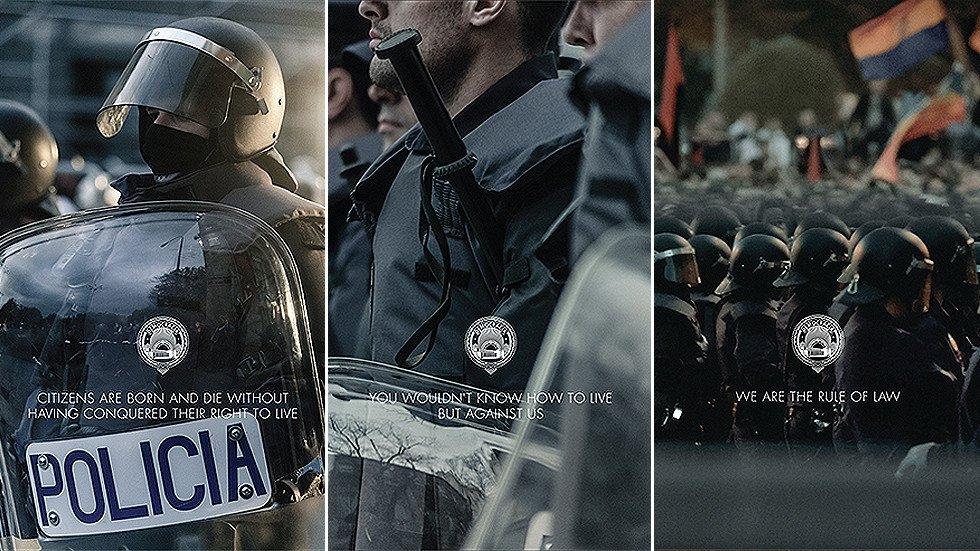
The case was the first of its kind to target individuals rather than corporations, in a bid to intimidate and terrorize, and restrict acts of creative freedom classed as antagonistic to the official line. The case dragged on while we anticipated bankruptcy and imprisonment. It finally ended only when we proved our motives were artistic and not criminal.
We walked away as supposedly free citizens, though we can still be prosecuted if we exhibit these works again in Spain, and the law remains in place.
It is the same type of legislation that will be presented at the Assemblée Nationale in France next week, whereby anyone could be imprisoned for a year or face €45,000 fine for “disseminating by any means or medium whatsoever, with the aim or harming their physical or psychological integrity, the image of the face or any other identifying element of an officer of the national police or member of the national gendarmerie when engaged in a police operation”.
Not only does this have extraordinary implications for journalists, the accountability we see as a result of photographs and videos taken by civilians on their mobiles of police misconduct will all but disappear.
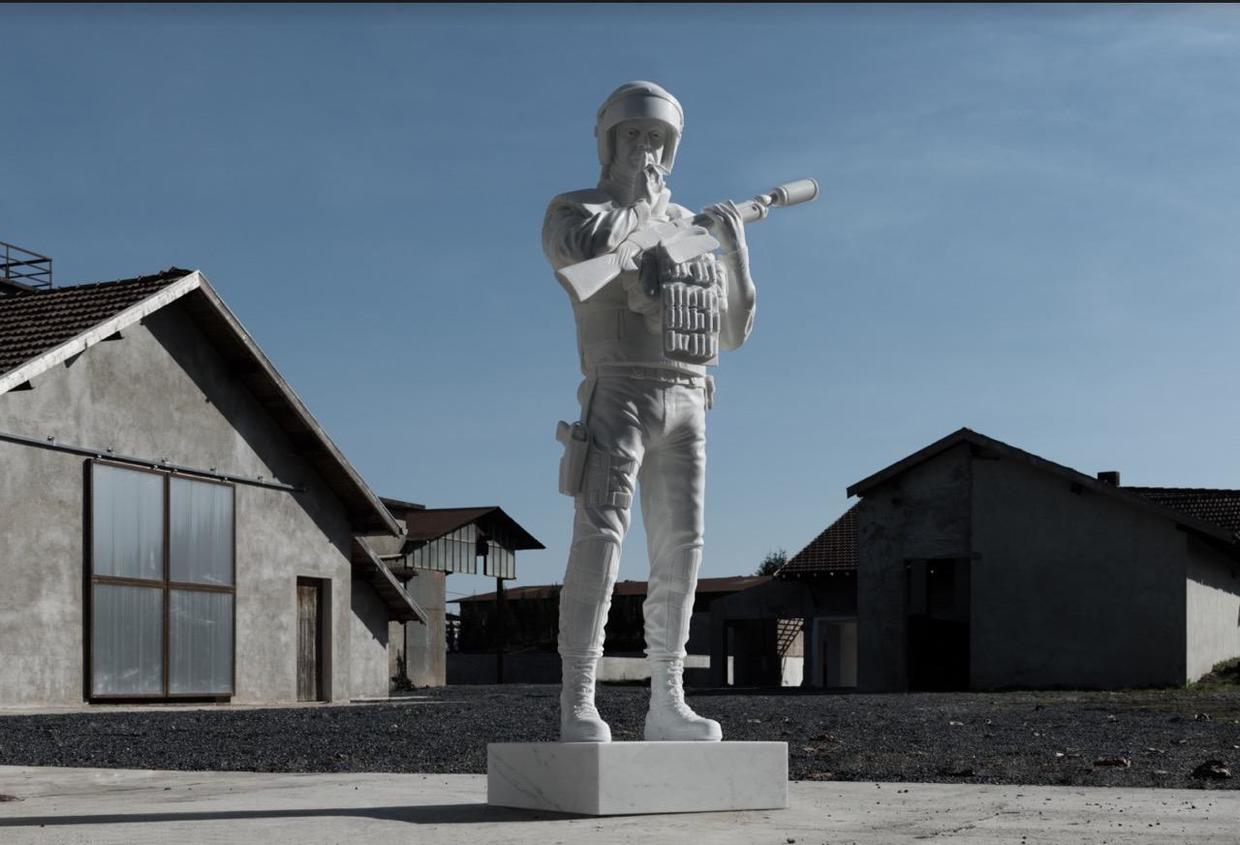
We Protect You From Yourselves is a series of works we produced using the image and voices of the police to present their contradictory role in society both as protectors and aggressors. We are currently exhibiting the series at the Biennale Warszawa in Poland against a backdrop of right-wing marches and anti-abortion protests.
But the escalating abuse of power by the ‘guardians of civil liberties’ can be seen throughout the world. Only this year the world watched a video of a police officer kneeling on the neck of George Floyd for eight minutes and forty seven seconds, killing him.
We’ve seen security forces indiscriminately attacking protestors, journalists and medics at the ensuing Black Lives Matter demonstrations. And protesters being kidnapped from the street by masked men in Belarus and Nigeria’s SARS squad torturing and killing the opposition.
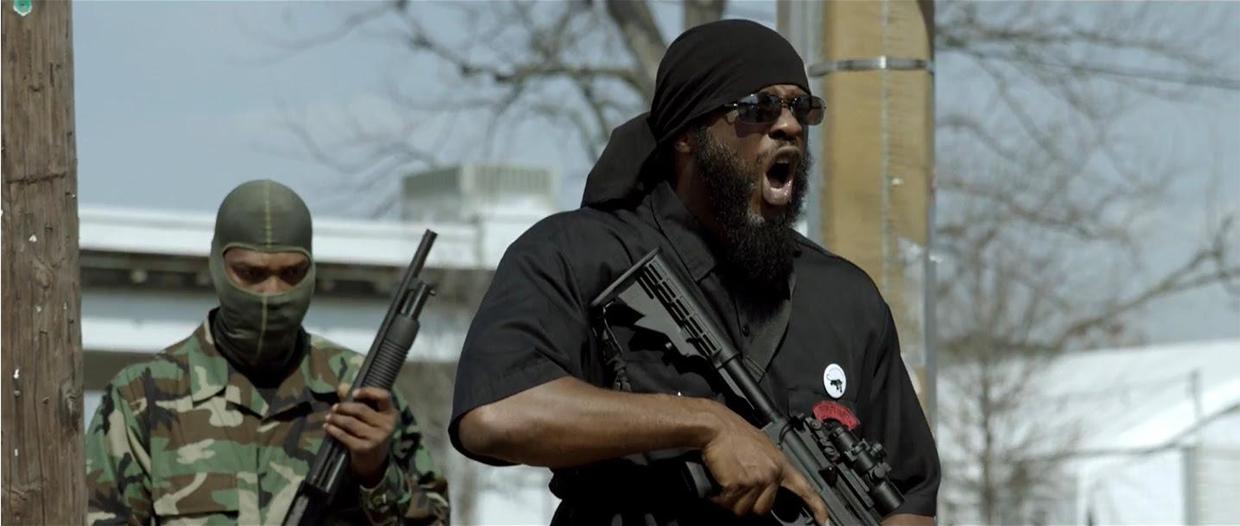
Our art is putting the police back in the frame – making them visible and accountable for their actions. The mechanisms of power are manifest both in plain sight and purposely obscured in an effort to maintain control. Our exhibition asks what should be done to counteract this force.
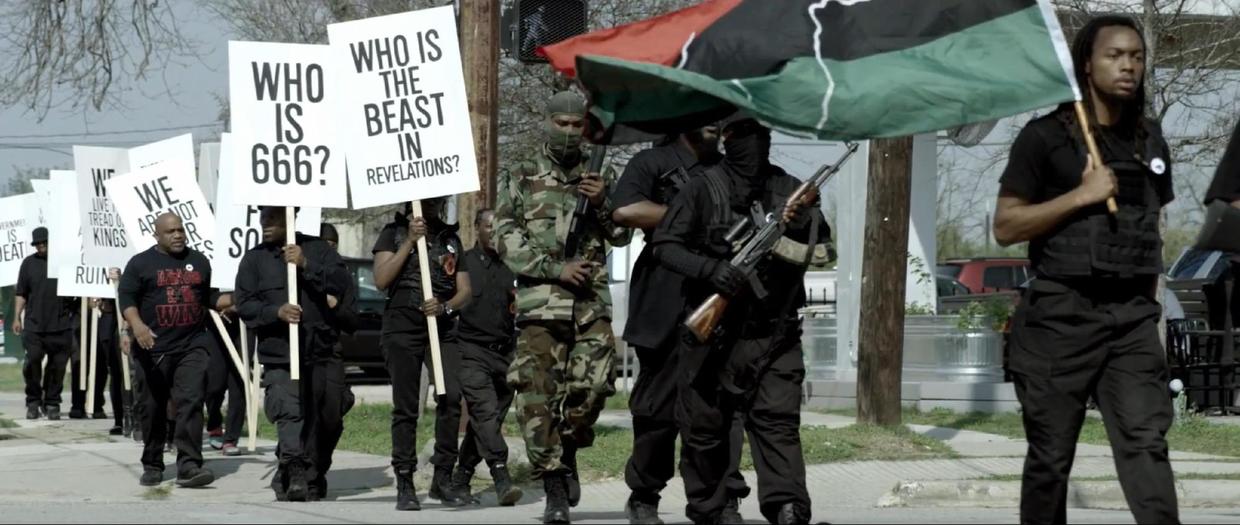
In Houston, Texas, we collaborated with the Huey P Newton Gun Club for an ‘open carry’ demonstration on the streets. They were armed, engaged and vocalising the names of comrades who have died at the hands of the police. These individuals embody the resistance – prepared to defend their liberties with the same strategies the police use to ‘protect’ us.
While the portraits of the Huey P Newton Gun club members were consensual and those of the police were not, we present both with the same objectivity that questions who really should be in control of our own protection.
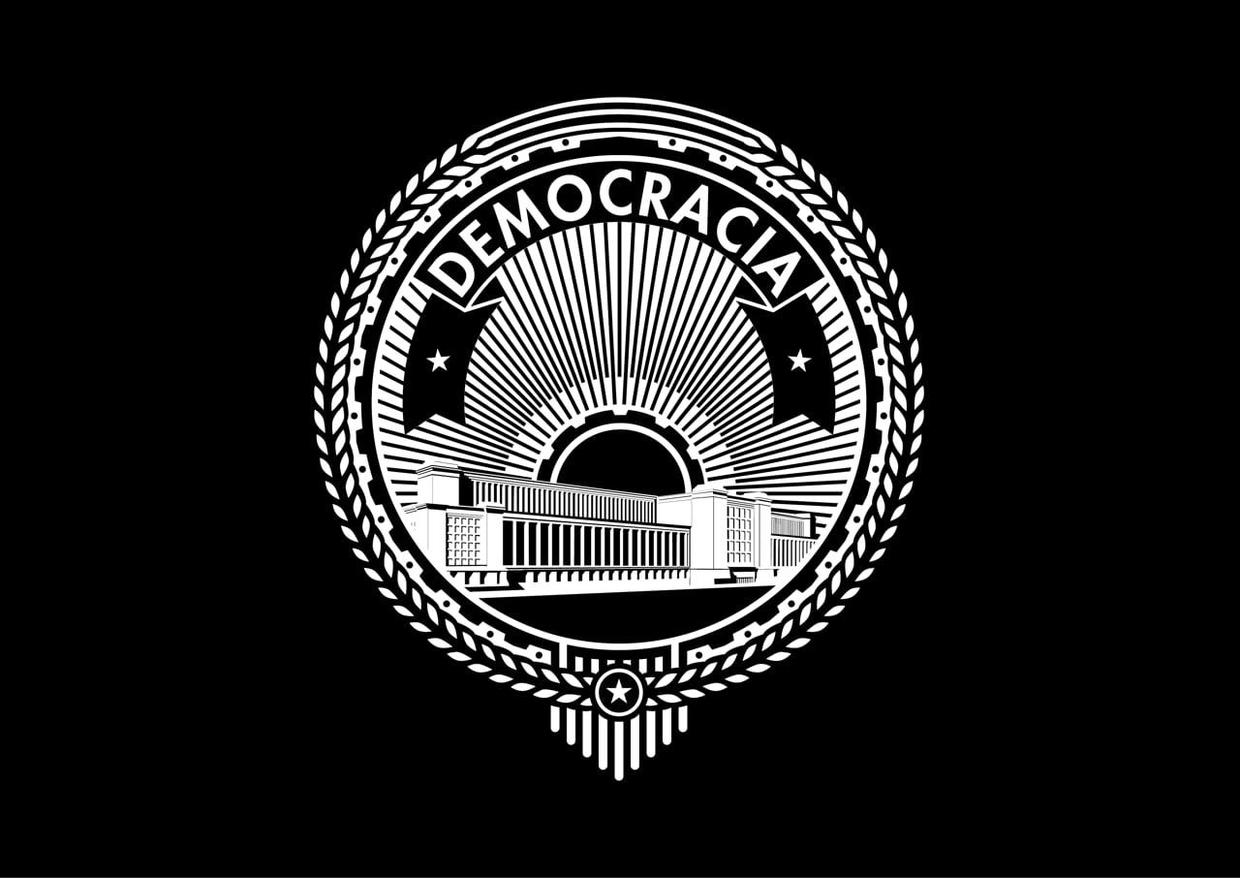
Some civilians who fight for our rights are brave enough to show their faces. Unfortunately, those who are hired to maintain social order by the state are protected by a power that is as insidious as it is obscure.
Think your friends would be interested? Share this story!
The statements, views and opinions expressed in this column are solely those of the author and do not necessarily represent those of RT.



